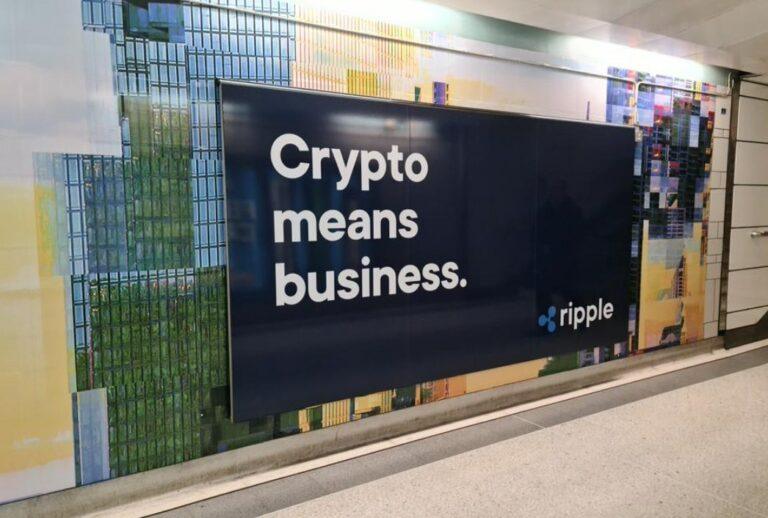Bradley Chase, the Head of Liquidity Products at Ripple, recently spoke with PYMNTS about the transformative role of cryptocurrencies in today’s digital-first world. According to Chase, the digital landscape has shifted, and merchants must adapt to stay competitive. He emphasized that cryptocurrencies are not just a trend but a “digitally native global asset” that appeals to a new, tech-savvy customer base.
Chase argued that for businesses to remain relevant, they must be willing to accept cryptocurrencies as part of their payment processes. This move sets them apart in a crowded online marketplace and positions them at the forefront of innovation. By embracing cryptocurrencies, he says, merchants signal that they are meeting current customer needs and anticipating future trends.
Being an early adopter of crypto payment options can attract a dedicated customer base that prefers this method of payment. However, the benefits of integrating cryptocurrencies extend beyond customer acquisition and retention. Chase pointed out that cryptocurrencies offer a “twofold opportunity” to enhance both the front-end and back-end aspects of eCommerce and merchant payments. Unlike traditional financial systems, cryptocurrencies operate around the clock, offering a more efficient and globally accessible payment infrastructure.
Chase also highlighted the cost-effectiveness of crypto payments, especially for cross-border transactions. Traditional payment methods often involve multiple intermediaries, leading to higher costs and longer settlement times. In contrast, he claims, cryptocurrencies can significantly reduce these inefficiencies, with some studies indicating a cost reduction of up to 70% when switching from traditional to crypto payment rails.
Moreover, Chase noted that cryptocurrencies offer a rich source of data that can be leveraged for compliance, fraud prevention, and customer insights and believes that this data-driven approach can further optimize business operations and contribute to revenue generation.
Discussing the broader industry trends, Chase mentioned the growing institutional adoption of blockchain and crypto technologies. He cited predictions that this market could reach nearly $250 billion by 2030, with a compound annual growth rate (CAGR) of 54.5%. This surge in adoption could set the stage for a revolution in value exchange on a global scale.
He also mentioned that Ripple is contributing to this revolution through products like Liquidity Hub, designed to facilitate the adoption of crypto payments for enterprises. Chase emphasized the importance of interoperability and liquidity in scaling crypto payments. He envisions a future where value moves as seamlessly as sending an email, opening up new avenues for business and innovation.









